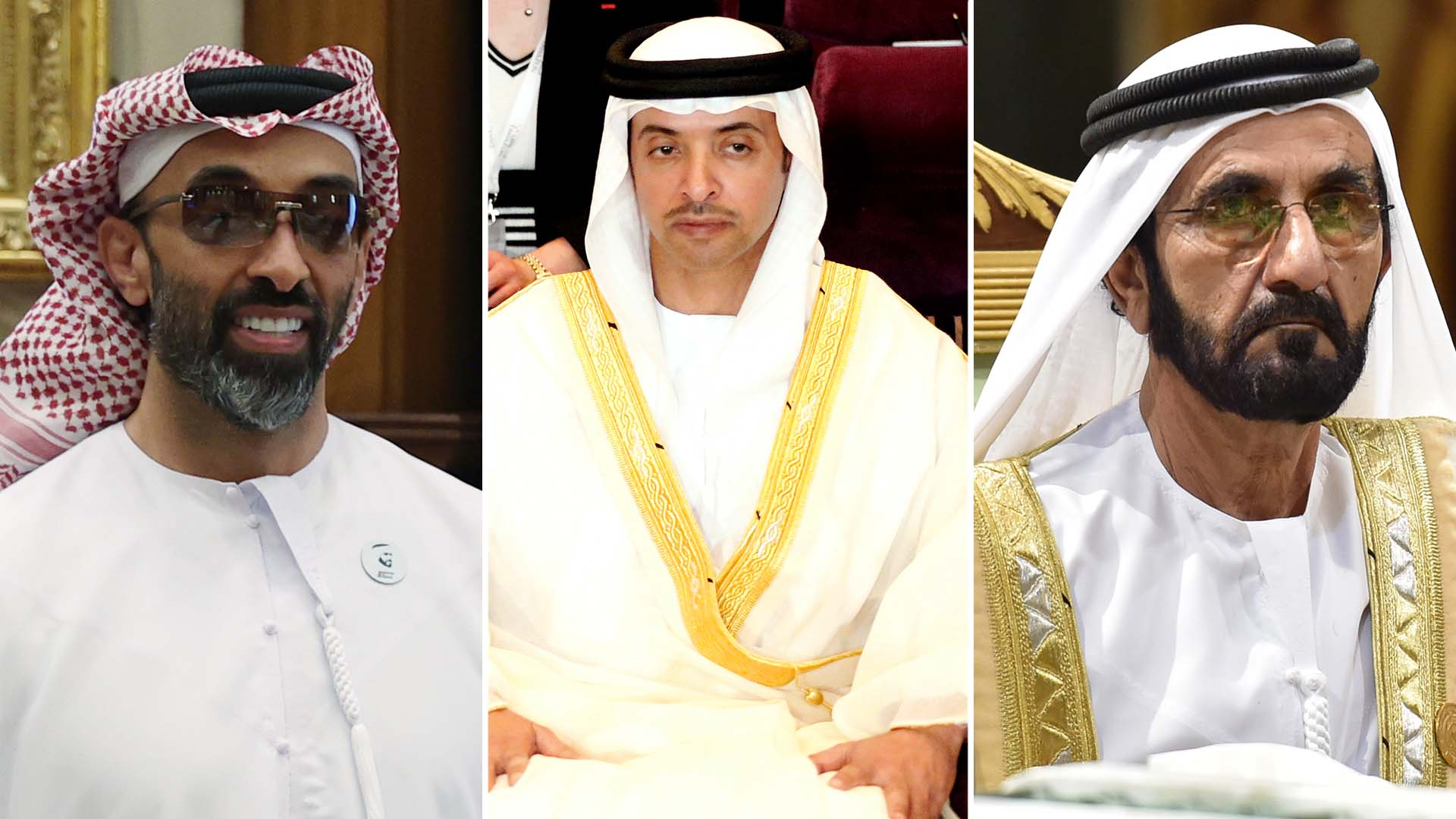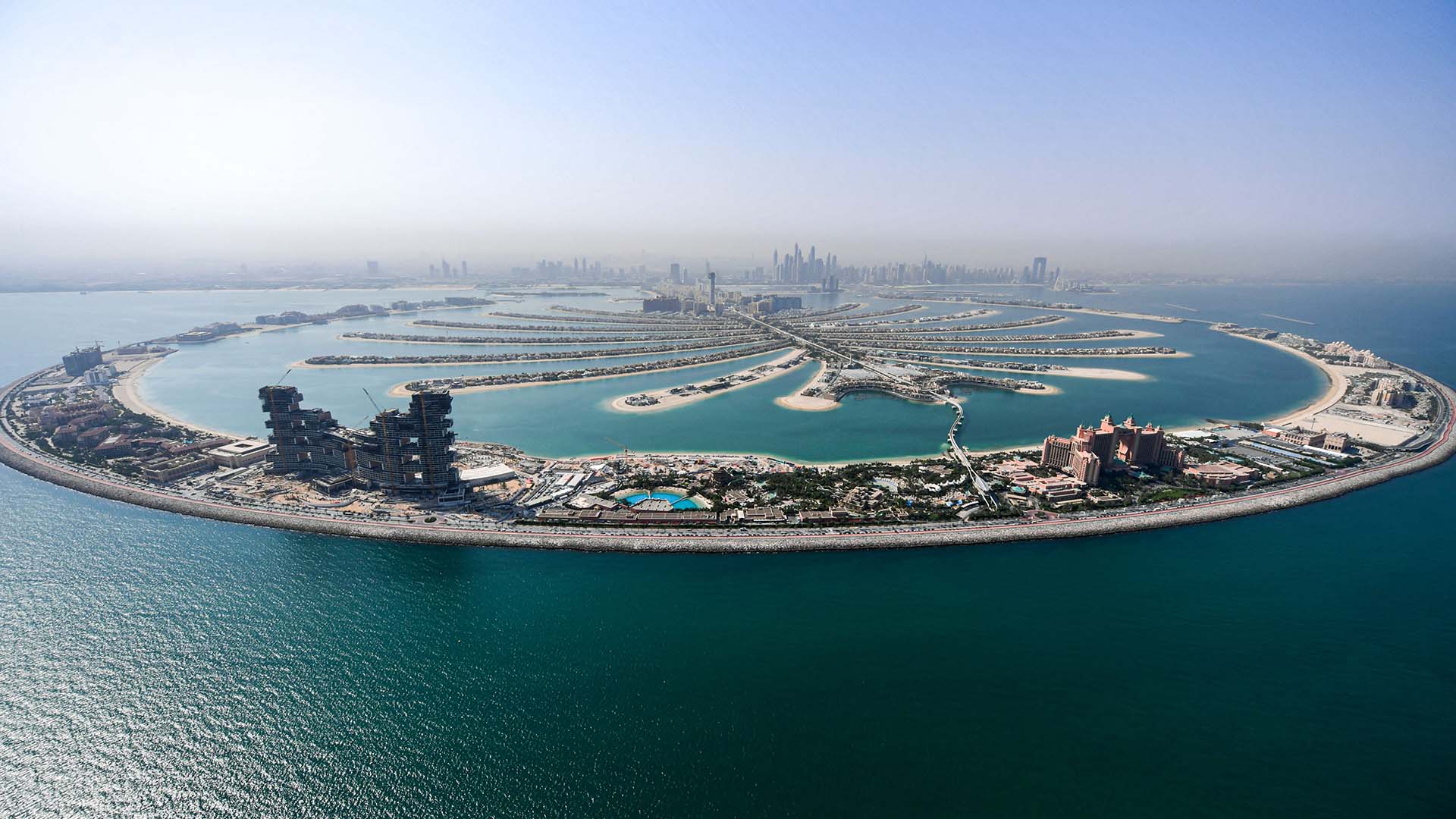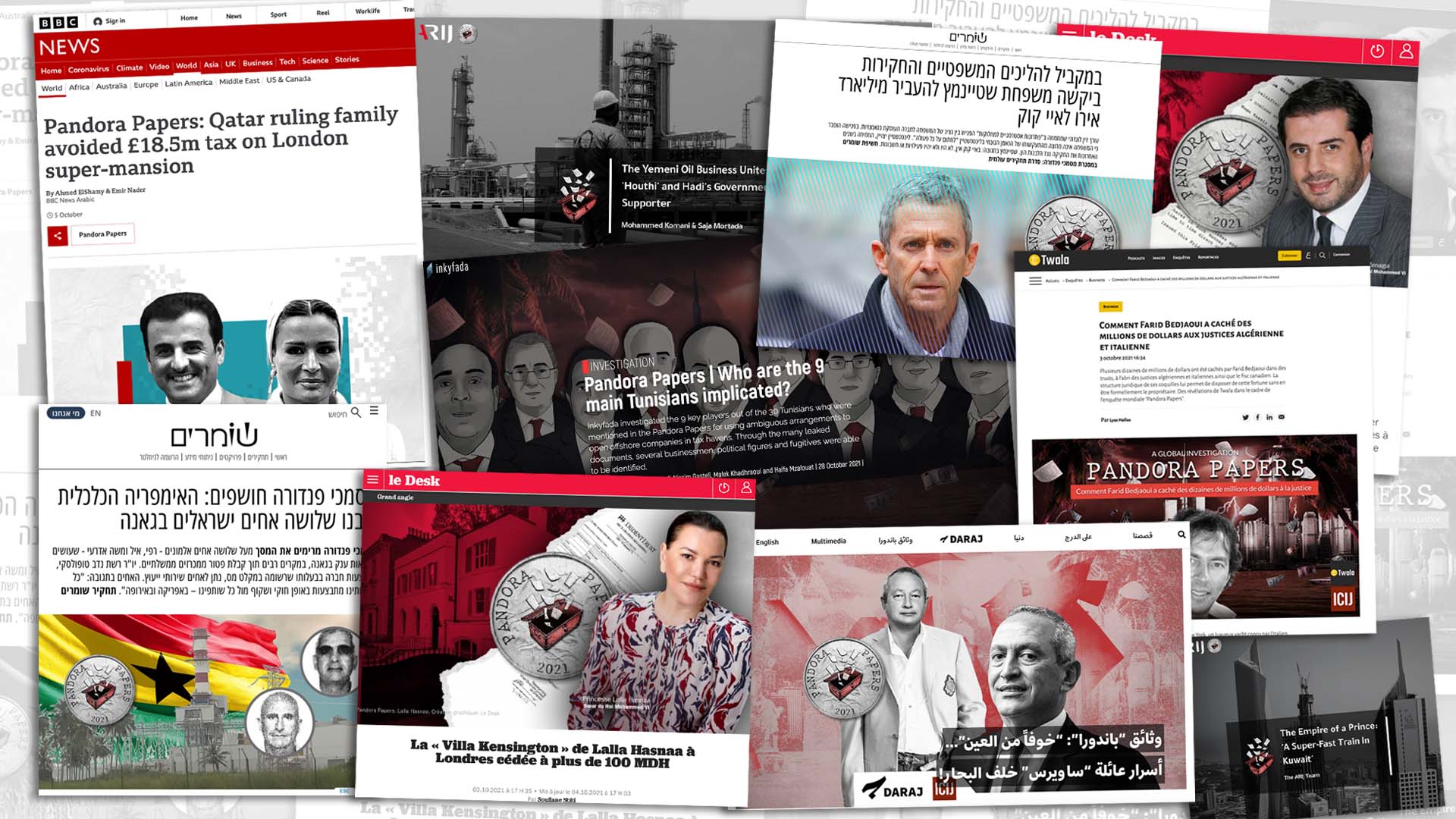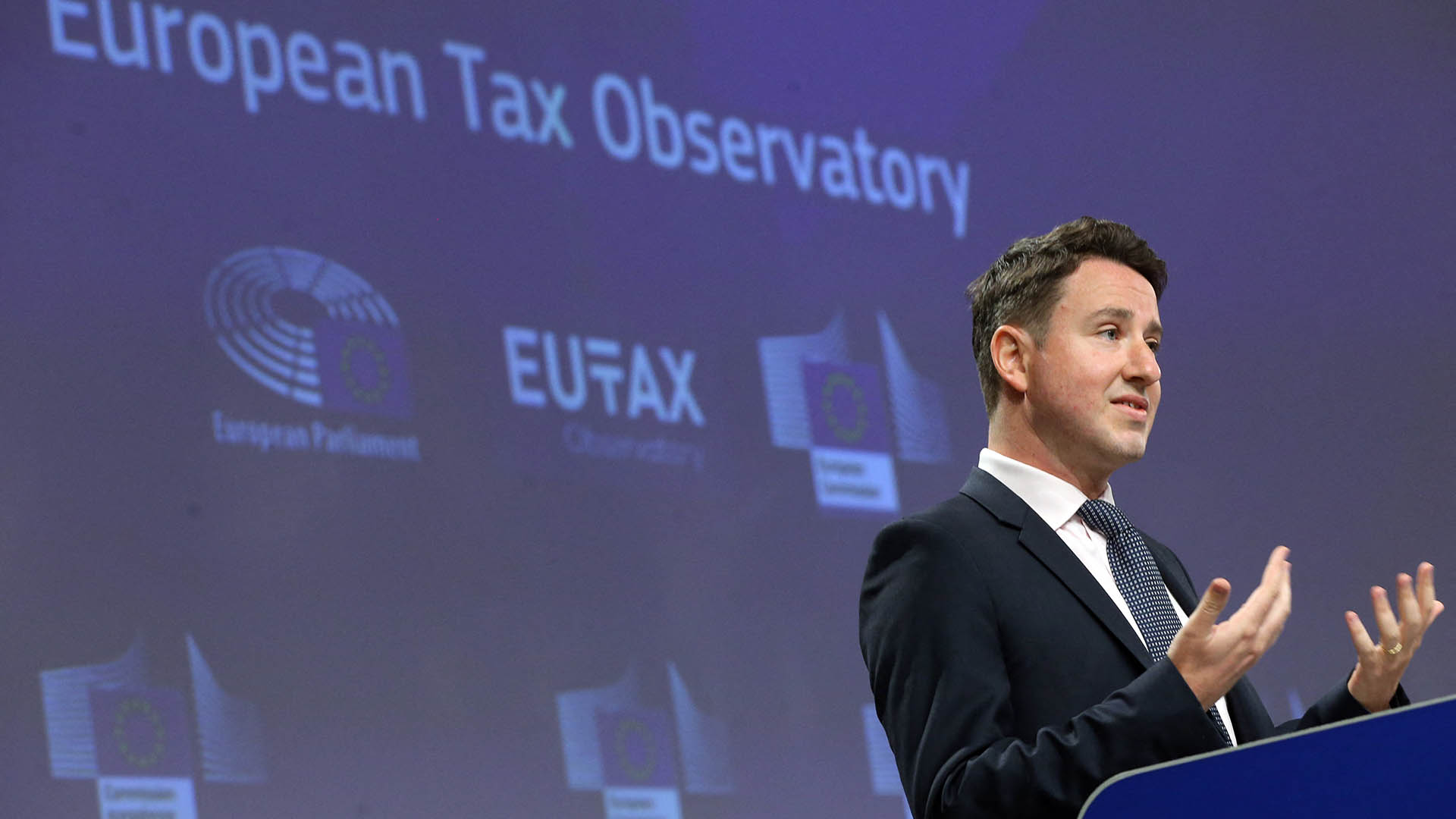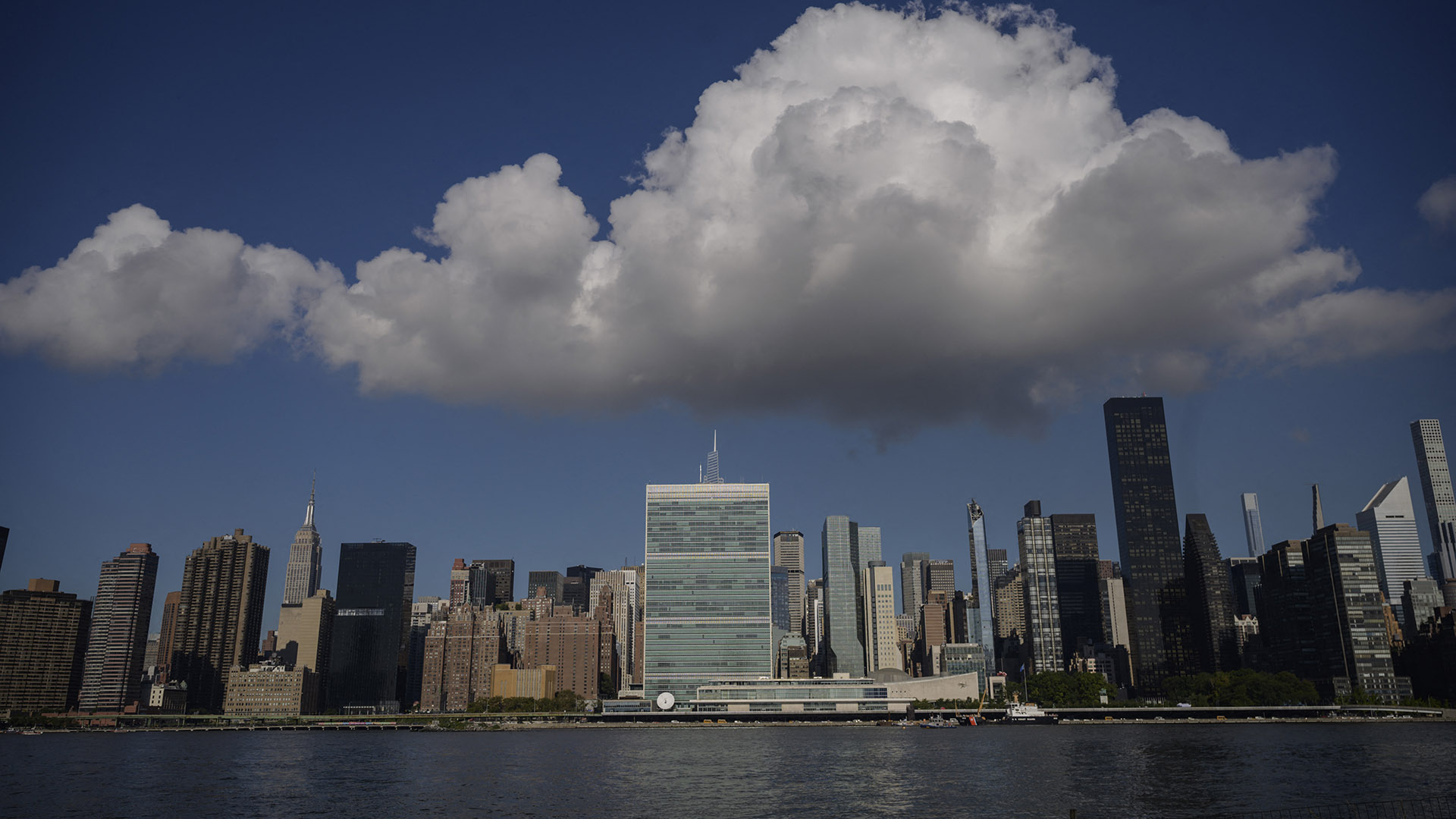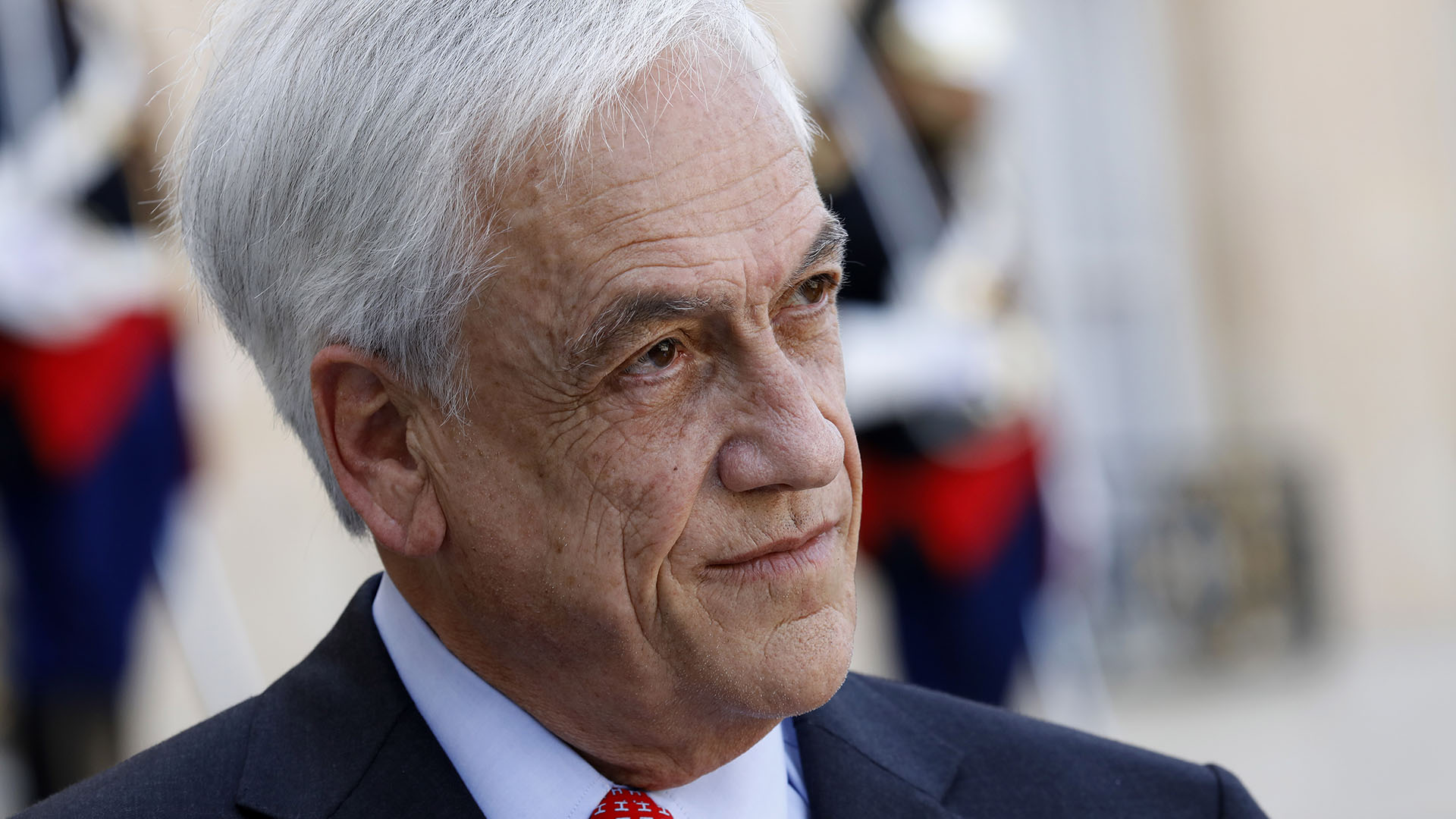The world’s main anti-money laundering watchdog has placed the United Arab Emirates on its “gray list” of countries that need extra monitoring.
The Paris-based Financial Action Task Force said Friday that the UAE has made “significant progress” in enhancing its systems for fighting financial crime, including improvements in its ability to confiscate criminal proceeds and cooperate with investigators from other countries.
But FAFT said it still needed to make improvements in several areas, including a need to strengthen its ability to pursue high-risk money laundering threats and demonstrate a “sustained increase” in effective money laundering investigations and prosecutions.
In response, the UAE government said: “The UAE takes its role in protecting the integrity of the global financial system extremely seriously and will work closely with the FATF to quickly remedy the areas of improvement identified.”
The UAE joins 22 other jurisdictions on the list, including Syria, Turkey, the Philippines and Panama.
As part of the Pandora Papers investigation, the International Consortium of Investigative Journalists examined the UAE’s role as a hub for money laundering and other financial crimes. The Emirates’ thriving offshore financial industry offers shell companies that can mask their real owners’ identities and internal free-trade zones that provide additional opportunities for financial secrecy.
ICIJ used leaked files from within one UAE offshore services provider, SFM Corporate Services, to identify two dozen of the firm’s clients who had been accused — in criminal cases, lawsuits, regulatory actions or United Nations reports — of financial crimes or other misconduct. The firm said it operates in a manner that is “absolutely legal in every aspect.”
Bloomberg News said that the new “gray list” designation could be a setback for the UAE “at a time when it faces greater competition from neighboring Saudi Arabia, which is growing its financial markets and taking steps to lure more investment.”
Bloomberg said the gray-listing would also “force Wall Street banks, which use Dubai as their regional headquarters, to dedicate additional resources to compliance in order to avoid future penalties from international regulators. The decision could also have an impact on Abu Dhabi, the nation’s capital and home to sovereign wealth funds with more than $1 trillion of assets.”

